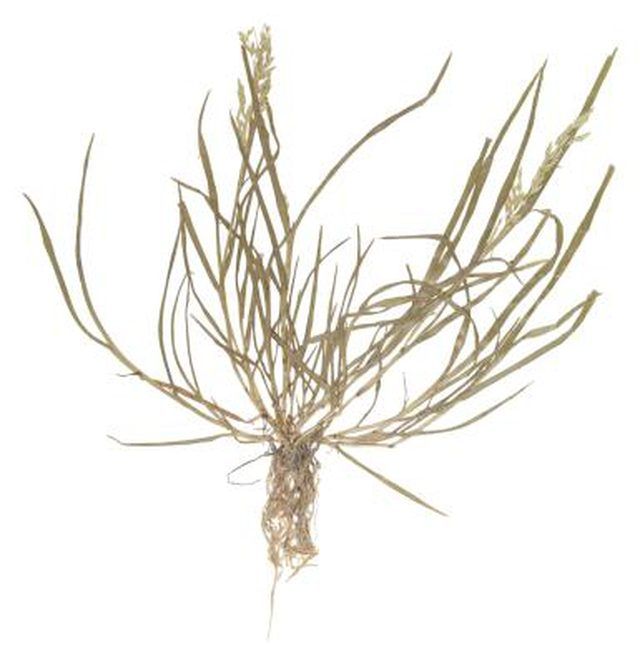Bulbs
Flower Basics
Flower Beds & Specialty Gardens
Flower Garden
Garden Furniture
Garden Gnomes
Garden Seeds
Garden Sheds
Garden Statues
Garden Tools & Supplies
Gardening Basics
Green & Organic
Groundcovers & Vines
Growing Annuals
Growing Basil
Growing Beans
Growing Berries
Growing Blueberries
Growing Cactus
Growing Corn
Growing Cotton
Growing Edibles
Growing Flowers
Growing Garlic
Growing Grapes
Growing Grass
Growing Herbs
Growing Jasmine
Growing Mint
Growing Mushrooms
Orchids
Growing Peanuts
Growing Perennials
Growing Plants
Growing Rosemary
Growing Roses
Growing Strawberries
Growing Sunflowers
Growing Thyme
Growing Tomatoes
Growing Tulips
Growing Vegetables
Herb Basics
Herb Garden
Indoor Growing
Landscaping Basics
Landscaping Patios
Landscaping Plants
Landscaping Shrubs
Landscaping Trees
Landscaping Walks & Pathways
Lawn Basics
Lawn Maintenance
Lawn Mowers
Lawn Ornaments
Lawn Planting
Lawn Tools
Outdoor Growing
Overall Landscape Planning
Pests, Weeds & Problems
Plant Basics
Rock Garden
Rose Garden
Shrubs
Soil
Specialty Gardens
Trees
Vegetable Garden
Yard Maintenance
How to Keep Grass from Growing in My Decomposed Granite
How to Keep Grass from Growing in My Decomposed Granite. Crushed decomposed granite is a natural material used for walks, patios and driveways. Water permeable, it is the surface of choice for both eco- and budget-conscious homeowners. Occasionally, however, grass and weeds sprout in even firmly compacted gravel. While annoying, the grass is easily...

Crushed decomposed granite is a natural material used for walks, patios and driveways. Water permeable, it is the surface of choice for both eco- and budget-conscious homeowners. Occasionally, however, grass and weeds sprout in even firmly compacted gravel. While annoying, the grass is easily dealt with if you take quick action using one of several methods.
Things You'll Need
Weed cloth
Corn gluten meal product or other pre-emergent herbicide
1 gallon white vinegar
2 ounces orange oil
1 teaspoon dish-washing liquid soap
Glyphosate product
Lay weed cloth over the compacted soil surface before adding the decomposed granite. Weed cloth prevents grass and weeds from growing in the decomposed granite.
Apply corn gluten meal or a different pre-emergent herbicide. Corn gluten meal is a natural byproduct of milling corn for cornmeal and other products. Apply 20 pounds for every 1,000 square feet of decomposed granite, and sprinkle it with water according to its manufacturer's directions.
Spray the grass with a vinegar solution. Mix 1 gallon of white vinegar with 2 ounces of orange oil and 1 teaspoon of dish-washing liquid soap to make the solution. Thoroughly soak the grass with the mixture.
Spray actively growing grass with a glyphosate product according to its manufacturer's directions. Allow several days for the grass to absorb the glyphosate. The herbicide requires time to reach the roots and kill the entire plant.
Tips & Warnings
Consult the master gardener at your local agricultural Cooperative Extension Service office for information on preventing and killing grasses in your area.
Apply herbicides or pull up the grass as soon as you see it sprout.
Cut the bottom out of a large coffee can. Place it over the grass, and then spray a glyphosate product into the can and onto the grass. Using that method prevents overspray when you work close to landscaping.
Other pre-emergent and herbicide products are available at home improvement stores and gardening centers.
Wear gloves, safety glasses and a breathing mask when applying herbicides, including organic products such as corn meal gluten.
Avoid spraying and spreading herbicides on windy days. You may accidentally kill desired plants on the perimeter of the decomposed granite.